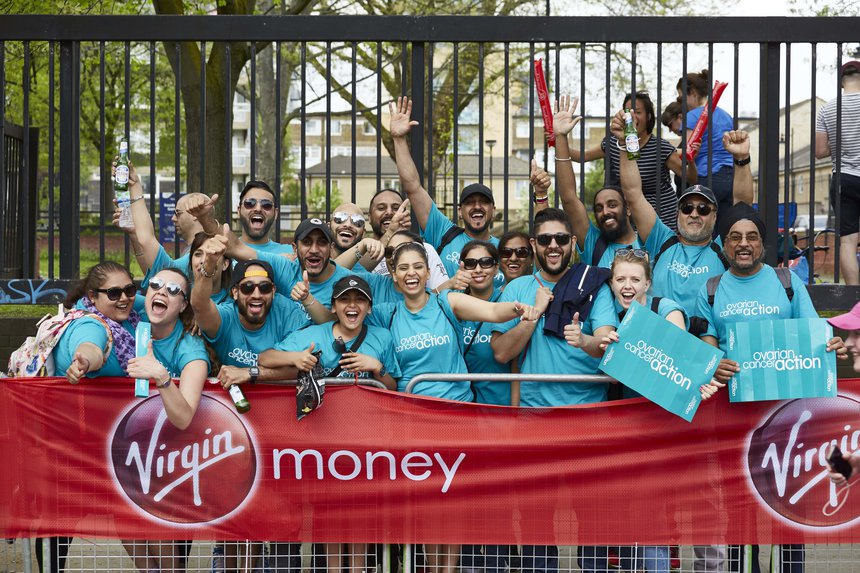
Dreamies investigation proves that the treats are irresistible to cats
The campaign by Adam&EveDDB concludes that the only cats who don’t love the pet treat are human Cats

"You can always find the right channels to reach people even with small budgets, but getting them to notice, care or do something is where stories come in."

One of the major problems with raising awareness of ovarian cancer, says Cary Wakefield, is that you can’t see it. And “when you can’t see things, visualise them, touch them, you don’t think about them.” This is where the greatest challenge lies for Ovarian Cancer Action’s CEO. The other is that “women don’t put themselves first enough.” This is an attitude that Wakefield is intent on changing.
Having studied Business Studies and French at Edinburgh University, she went into “quite classical marketing” at GSK before joining Quaker Oats across the UK and Europe, living in Brussels and commuting between Madrid and London. She first went into the BBC on a digital project after the birth of her daughter. She loved it, saying, “I was able to learn really quickly and become more valuable because I didn’t understand anything about tele.”
[I'm] not in the business of regrets because I think it’s a complete waste of time. And I don’t have time for that. I am hoping my proudest moment is still to come.
Cary Wakefield
After her son was born, she freelanced in interim marketing director roles for a few years. But she couldn’t keep away from the BBC for long, going back on various project-based roles, and then eventually deciding to stay. As she says, “it’s very hard to leave the BBC because you’re working on such amazing stuff.”
Her love of change won out in the end. Wakefield founded a start-up media business with friends, On Purpose Group, as well as becoming a non-exec for a “big London housing group” and mentoring a number of people; “You never mentor someone, it’s a two-way process.” When the job at Ovarian Cancer Action came up, Wakefield joined on an interim basis with the sole purpose to find them a new CEO. But she got sucked in and ended up the new CEO herself.
You never mentor someone, it’s a two-way process.
Cary Wakefield
The charity is strong in terms of funding research having grown out of an international forum called HHMT. But for Wakefield, it’s also awareness and education that are key to fighting the disease. She wants people to feel “more comfortable talking about it,” both the women who can get the disease and the men around them.
As our conversation steered from AI bias to the first time she said the word vulva in a presentation, the importance of fair internship schemes and the wonder of Gillian Anderson, it is clear that people are front and centre in every part of Wakefield’s life and work. They are, she says, what she is most proud of, “seeing people grow and realise there’s a world of possibilities out there and they can do anything is so fantastic.” Ever the restless spirit, Wakefield says she’s “not in the business of regrets because I think it’s a complete waste of time. And I don’t have time for that. I am hoping my proudest moment is still to come.”

You can always find the right channels to reach people even with small budgets, but getting them to notice, care or do something is where stories come in.
Cary Wakefield
Looks like you need to create a Creativebrief account to perform this action.
Create account Sign inLooks like you need to create a Creativebrief account to perform this action.
Create account Sign in